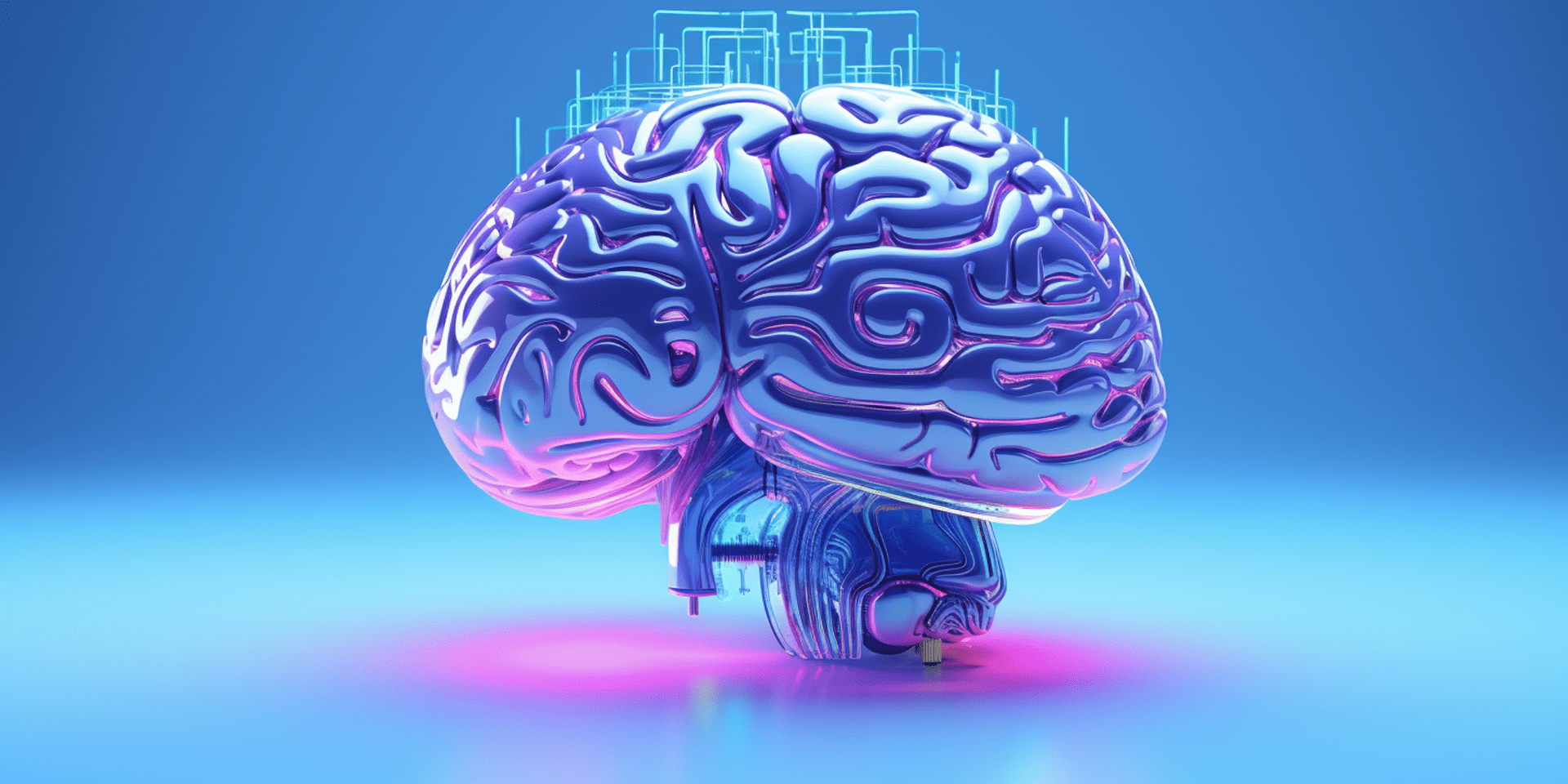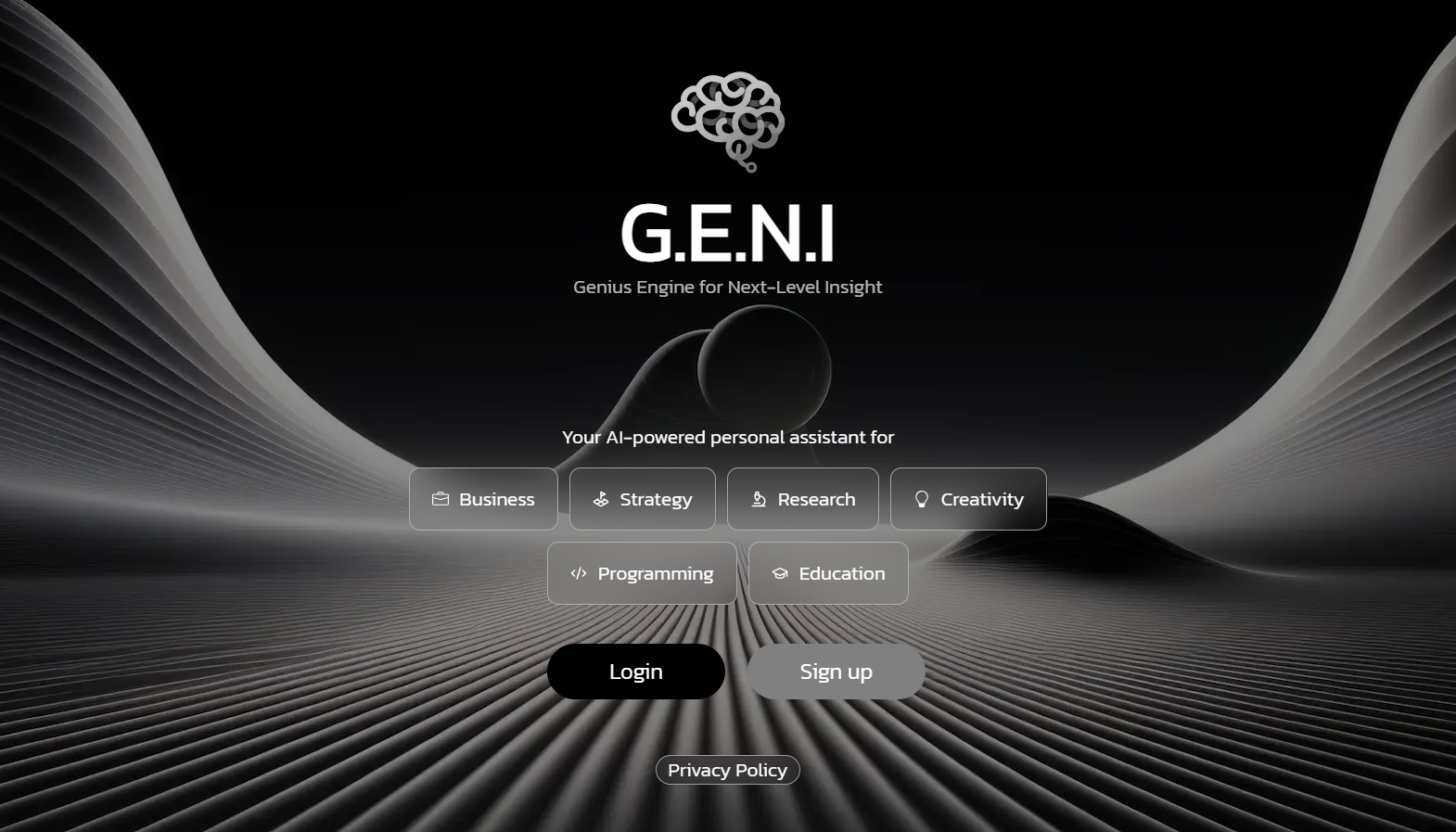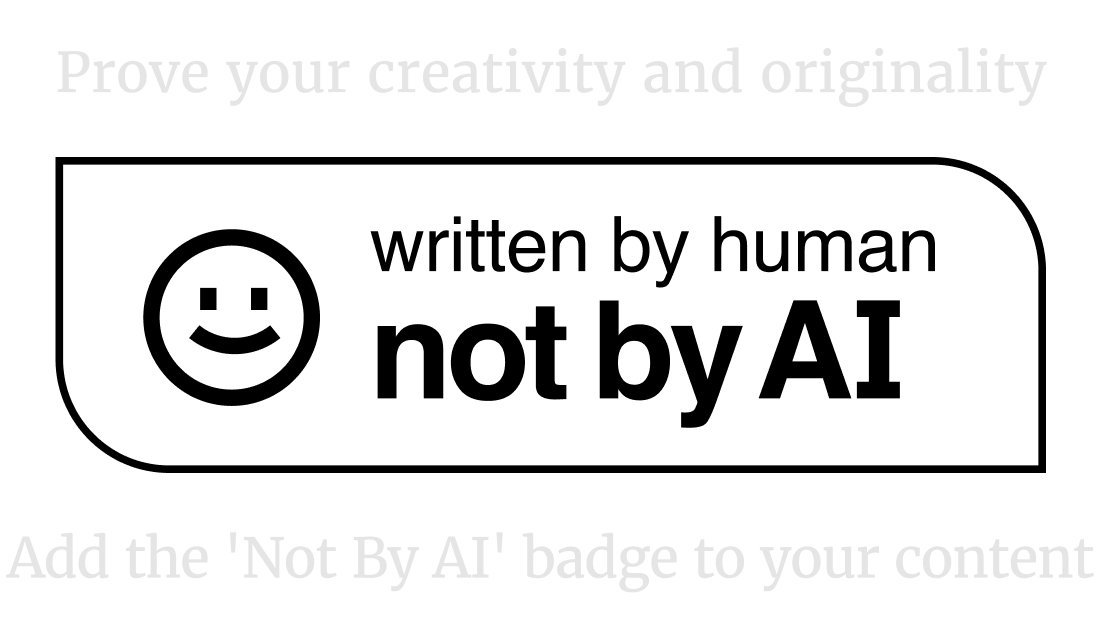
5 min read
Who Wrote That? 90% of Online Content AI-Generated by 2025?
Have you ever scrolled through your social media feed and wondered, "Did a real person write this?" Well, the answer might surprise you. An expert predicts that by 2025, a staggering 90% of the content online could be churned out by generative artificial intelligence (AI) tools.
This means the content you consume, the news articles you skim, your social media feed – all are potentially crafted by AI. The rise of generative AI is changing the game.
These AI tools can already write human-quality text, translate languages on the fly and even generate hyper-realistic images. As they become more advanced, the line between human and machine-made content will continue to blur.
So, what does this mean for the future of the internet?
The Good Stuff
On the positive side, AI does pack a punch of benefits, such as:
- Increased efficiency and productivity: Generative AI can automate repetitive and time-consuming tasks, allowing businesses and individuals to focus on more strategic and creative endeavors.
- Improved content quality: Generative AI can generate high-quality, engaging content that is tailored to specific audiences and purposes.
- Enhanced creativity: Generative AI can assist with brainstorming and generating new ideas, helping individuals and businesses come up with innovative solutions.
- Reduced costs: Generative AI can help businesses reduce costs by automating tasks and creating content efficiently
The Not-So-Great Stuff
However on the contrary, despite the numerous benefits of generative AI, there are also several potential disadvantages and concerns associated with its use:
- Lack of authenticity and originality: AI-generated content may lack the uniqueness and creativity found in human-generated content. This can make it difficult to distinguish between authentic and AI-generated content, potentially leading to a decrease in trust and credibility.
- Ethical considerations: The use of generative AI raises ethical concerns, such as the potential for AI-generated content to be used for malicious purposes, including academic dishonesty, plagiarism, use of copyrighted works to train an AI model etc.
- Bias and discrimination: AI models are trained on data, which sometimes contain biases and stereotypes. A good example is Google’s AI called Gemini, which produced some insanely biased and inaccurate pictures of people.
Should I stop using/consuming Gen AI content?
Admittedly we (Interstellar) do use AI for mundane tasks such as proof reading, code debugging and brainstorming. Heck, we even built our own AI tool G.E.N.I!

AI is here to stay and we should definitely leverage it to our benefit, but the problem arises when 90% of the content consumed by humans isn't even made by humans.
What's the Solution?
One idea is to ensure that AI-generated content doesn't contribute more than 90% of any given work, whether it be written, painted, produced or whatever modality AI will soon be able to reproduce.
In comes Not by AI

“Artificial Intelligence (AI) is trained using human-created content. If humans stop producing new content and rely solely on AI, online content across the world may become repetitive and stagnant.”
Not by AI offers a badge to verify that content was created by a human — a great effort to clear up whether something is human or AI-made. Check out their website and get yourself a badge!
So, while AI is awesome and has its place, let's not forget the irreplaceable value of genuine human creativity.